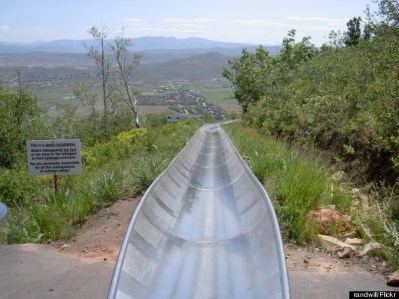
A week from this coming Sunday
at SXSW, I’ll be interviewing
Sundar Pichai, Google’s Senior Vice President, Android, Chrome & Apps. Pichai has a huge job at Google, overseeing the company’s mobile ecosystem, from hardware (the Nexus platform) to the burgeoning Play store (oh, and that little browser/OS called Chrome, to boot). Last year, he
took over Android from its founder Andy Rubin, who has moved his focus to new (and currently undisclosed) Google moonshots. Android is a huge business for Google – more than a billion devices have been activated since its inception. And that’s well before markets for autos, wearables, and enterprise heat up.
The interview is in classic SXSW keynote form – just us on stage, with a room of 1,000 or so attendees from the festival’s interactive track. On a prep call last week, Sundar mentioned he’d be up for hearing from readers here and on various social networks, so I’m issuing a call: What questions do you have for the man in charge of Google’s mobile future? A few that come to mind:
– What is Android’s role beyond phones & tablets? Pichai has said Android is moving into areas such as the enterprise, wearables, and automobiles. How might that play out? Will Nest become an Android device? Will you have to join Google+ to manage your thermostat?!
Read More







